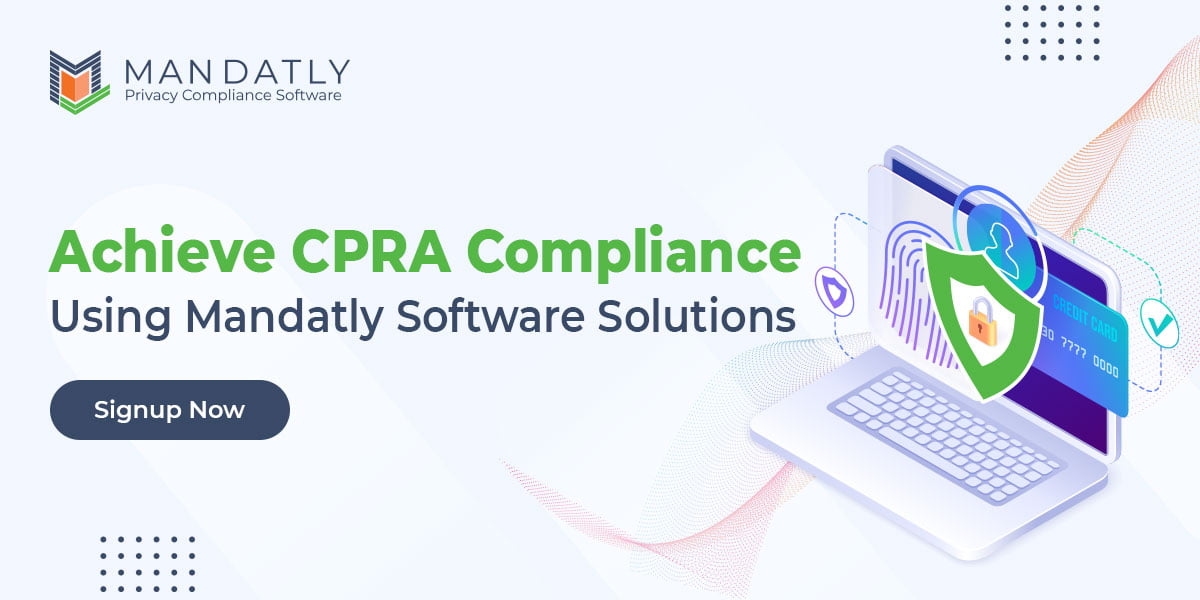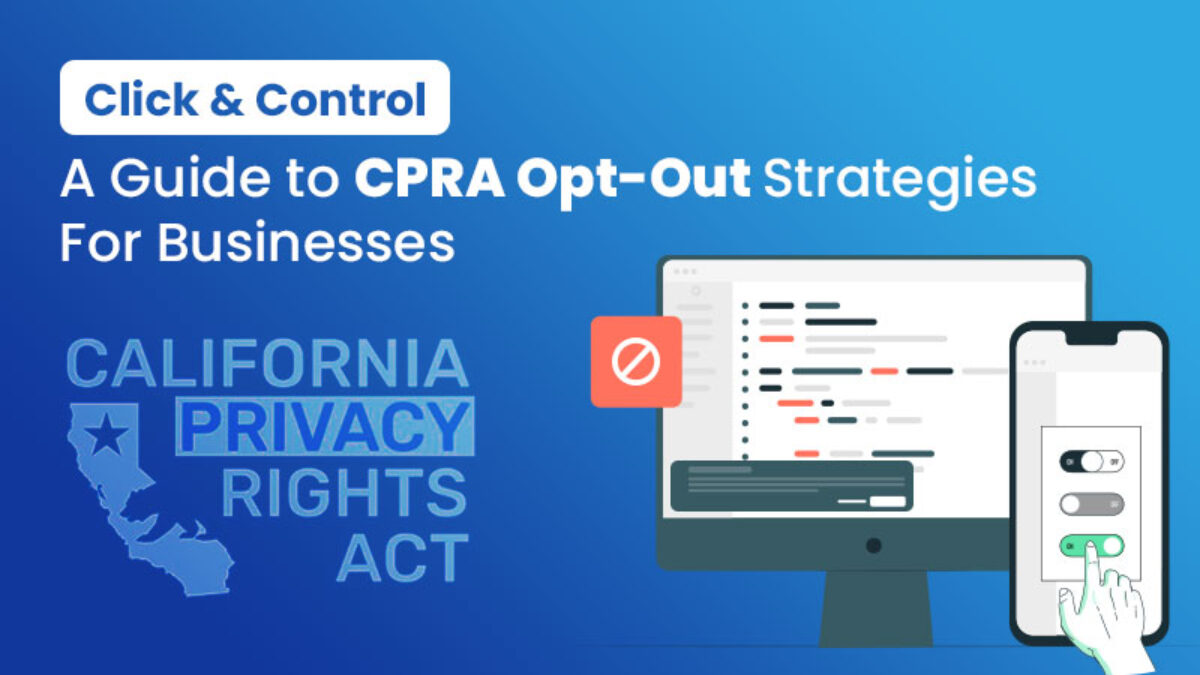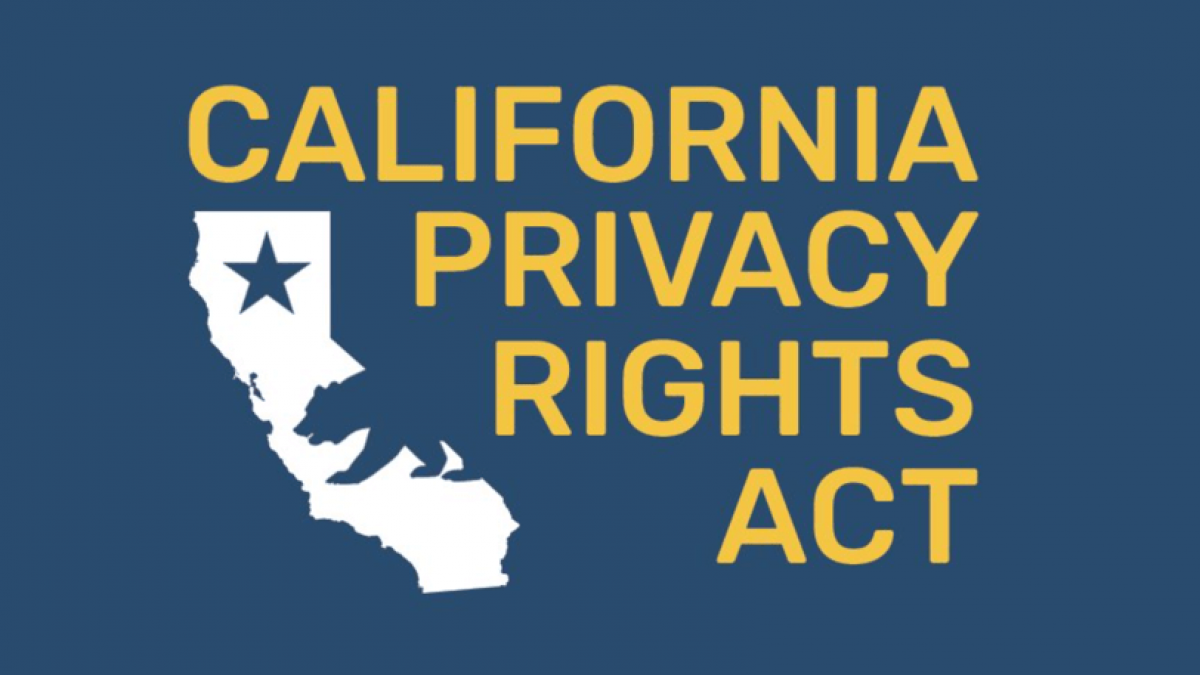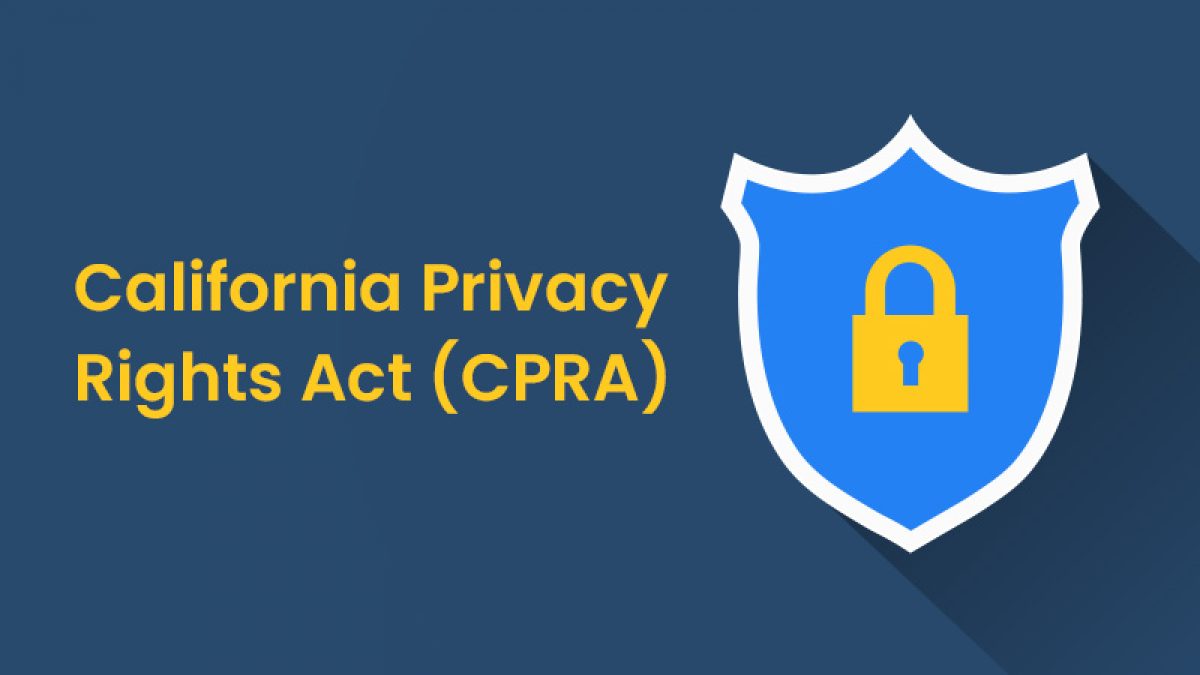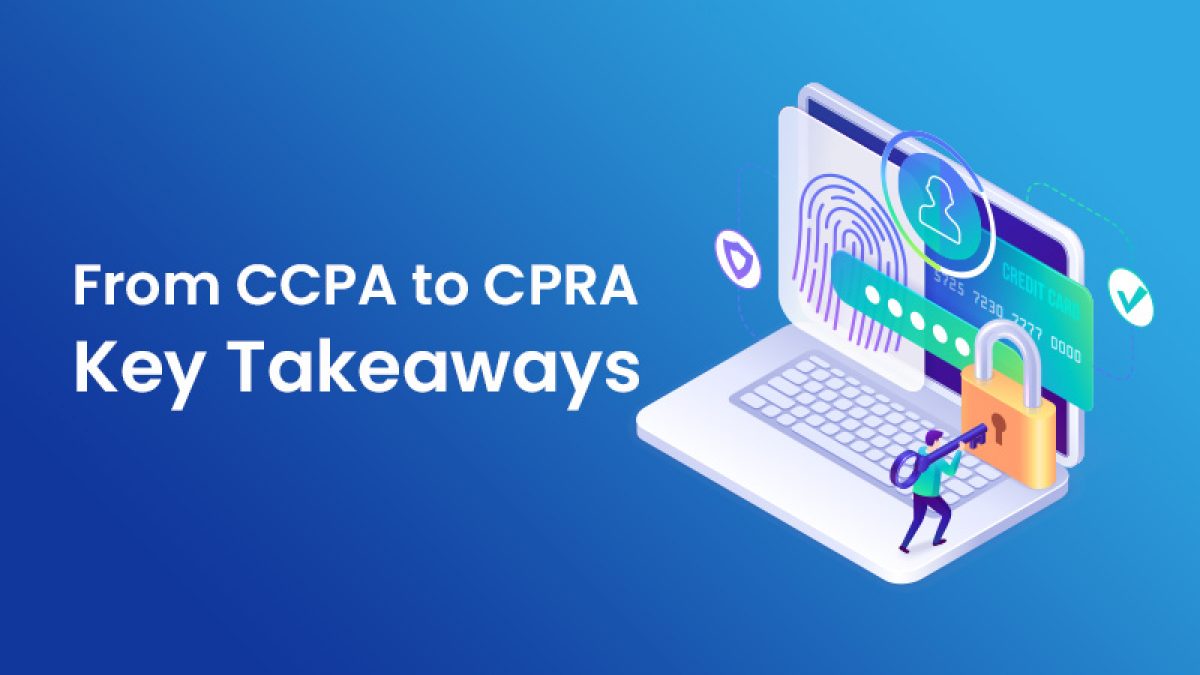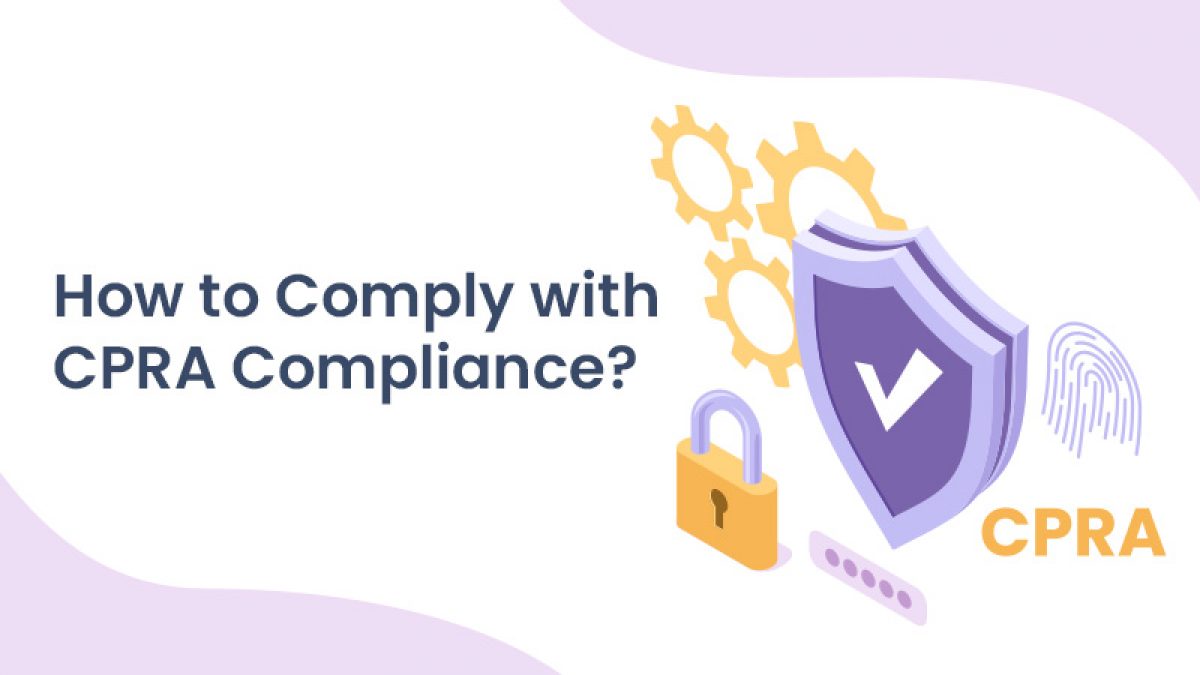CPRA Compliance for Emerging Businesses: Practical Steps
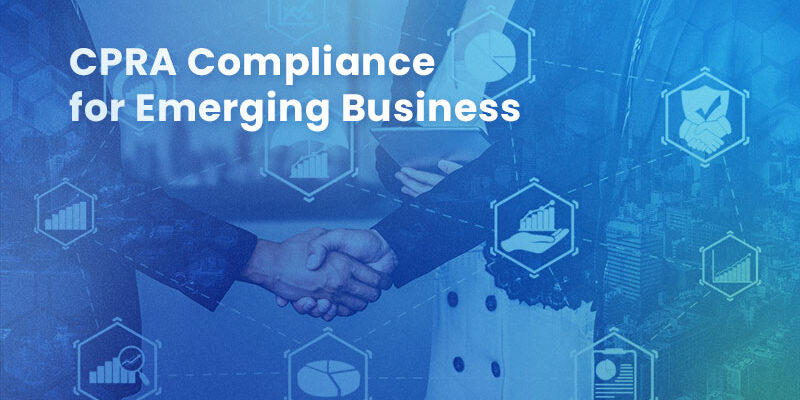
CPRA compliance For Emerging Business
The California Privacy Rights Act (CPRA) represents a significant development in data privacy legislation, particularly for startups and emerging businesses operating within or targeting California consumers. Enacted as an extension of the California Consumer Privacy Act (CCPA), CPRA introduces enhanced privacy rights and protections, setting a higher standard for data privacy practices.
CPRA compliance is vital for startups to ensure adherence to California’s strict data protection laws, safeguarding customer trust and avoiding penalties. Let’s delve deeper into CPRA and its implications for startups:
What is CPRA?
CPRA, also known as Proposition 24, was passed as a ballot initiative in November 2020 and became effective on January 1, 2023. It amends and expands upon the CCPA, introducing new rights for consumers and additional obligations for businesses regarding collecting, using, and protecting personal information.
New Contractual Obligations Under CPRA for Emerging Business
As small businesses navigate the evolving landscape of data protection regulations, the California Privacy Rights Act (CPRA) introduces new contractual obligations that require careful consideration. These obligations stem from the enhanced rights granted to consumers under CPRA, including the right to limit the use and disclosure of their personal information.
Under CPRA, small businesses may be required to update their contracts with service providers and vendors to ensure compliance with the new regulations. These contracts should include provisions that address CPRA-specific requirements, such as data processing limitations, transparency obligations, and liability provisions.
Key Provisions of CPRA for Emerging Business
Expansion of Consumer Rights
CPRA introduces new rights for consumers, including the right to correct inaccurate personal information, the right to limit the use of sensitive personal information, and the right to opt out of the sharing of personal information for cross-contextual advertising.
Establishment of the California Privacy Protection Agency (CPPA)
CPRA creates the CPPA, an independent regulatory body responsible for enforcing and implementing California’s privacy laws. The CPPA is tasked with conducting investigations, issuing regulations, and imposing penalties for non-compliance.
Enhanced Protections for Children’s Data
CPRA imposes stricter regulations on collecting and using personal information from minors, requiring businesses to obtain affirmative consent for individuals under the age of 16 and providing additional protections for children’s personal information.
Data Minimization and Purpose Limitation
Similar to GDPR principles, CPRA mandates data minimization and purpose limitation, requiring businesses to collect only the necessary personal information for specified purposes disclosed to consumers.
Significance of CPRA for Emerging Business
Compliance Requirements:
Startups operating in or targeting California must ensure compliance with CPRA’s stringent requirements. Failure to comply can result in significant penalties, including fines of up to $7,500 per violation.
Building Trust with Consumers:
Demonstrating a commitment to privacy and compliance with CPRA can enhance consumer trust and loyalty. Startups that prioritize data privacy are more likely to attract and retain customers who value the protection of their personal information.
Competitive Advantage:
Compliance with CPRA can serve as a competitive differentiator for startups, especially in industries where data privacy is a significant concern for consumers. By implementing robust privacy practices, startups can gain a competitive edge over competitors and position themselves as trustworthy custodians of consumer data.
Investor Confidence:
Investors increasingly consider data privacy compliance a critical factor when evaluating startups for investment. Startups demonstrating a proactive approach to CPRA compliance are more likely to attract investment and partnerships as investors seek to mitigate regulatory risks and protect their investments.
Practical Steps for CPRA Compliance for Emerging Business
1. Assessment of Personal Data Handling Practices
Startups must comprehensively assess their data handling practices to identify the types of personal information collected, processed, and stored. This includes customer data, employee information, and any other sensitive data categories defined by CPRA.
2. Update Privacy Policies to align with CPRA requirements
Startups must update their privacy policies to align with CPRA’s requirements. The privacy policy should include detailed information about the types of personal data collected, purposes of processing, data retention policies, and procedures for exercising consumer rights under CPRA.
3. Data Minimization and Purpose Limitation
Startups should adopt data minimization principles, collecting only the personal information required for legitimate business purposes. Additionally, they must ensure that personal data is only used for specified purposes disclosed in the privacy policy, adhering to CPRA’s principle of purpose limitation.
4. Implement Security Measures
With the CPRA imposing stricter security requirements, startups must implement appropriate technical and organizational measures to safeguard personal information against unauthorized access, disclosure, alteration, and destruction. These measures include encryption, access controls, regular security assessments, and employee training programs.
5. Establish processes for facilitating consumer rights requests
Startups must establish processes to facilitate consumer rights under CPRA, including the right to access, delete, and correct personal information. This involves developing internal procedures for handling consumer requests, verifying identities, and responding within the stipulated timelines outlined by CPRA.
6. Contractual Obligations
Startups should review and update contracts with service providers and third-party vendors to ensure compliance with CPRA requirements. Contracts should include provisions mandating data protection measures, limitations on data use, and obligations to assist with consumer rights requests and audits.
7. Employee Training and Awareness
Training employees on CPRA compliance is essential to ensure all staff members understand their responsibilities in handling personal information and protecting consumer privacy. Startups should provide regular training sessions and raise awareness about the importance of data privacy and security.
8. Conduct Regular Audits and Assessments
To maintain ongoing compliance with CPRA, startups should conduct regular audits and assessments of their data processing activities, privacy policies, security measures, and internal controls. These audits help identify gaps or improvement areas and ensure alignment with evolving regulatory requirements.
Conclusion
In conclusion, CPRA compliance is essential for startups to build consumer trust, mitigate regulatory risks, and foster sustainable growth. By understanding the key provisions of CPRA and implementing robust data privacy practices, startups can navigate the complexities of data protection regulations while focusing on innovation and business expansion. By prioritizing privacy and adopting a proactive approach to compliance, startups can establish a competitive edge in today’s data-driven marketplace.
